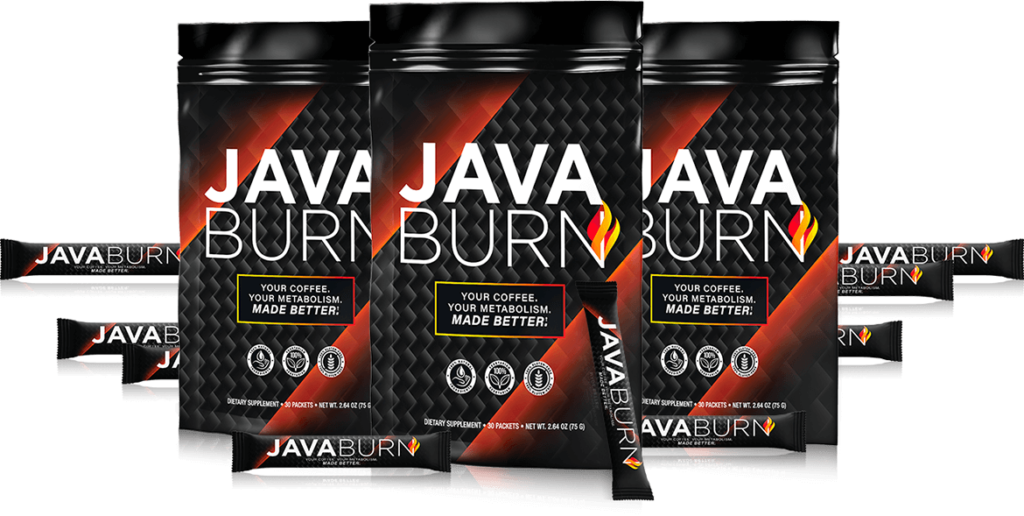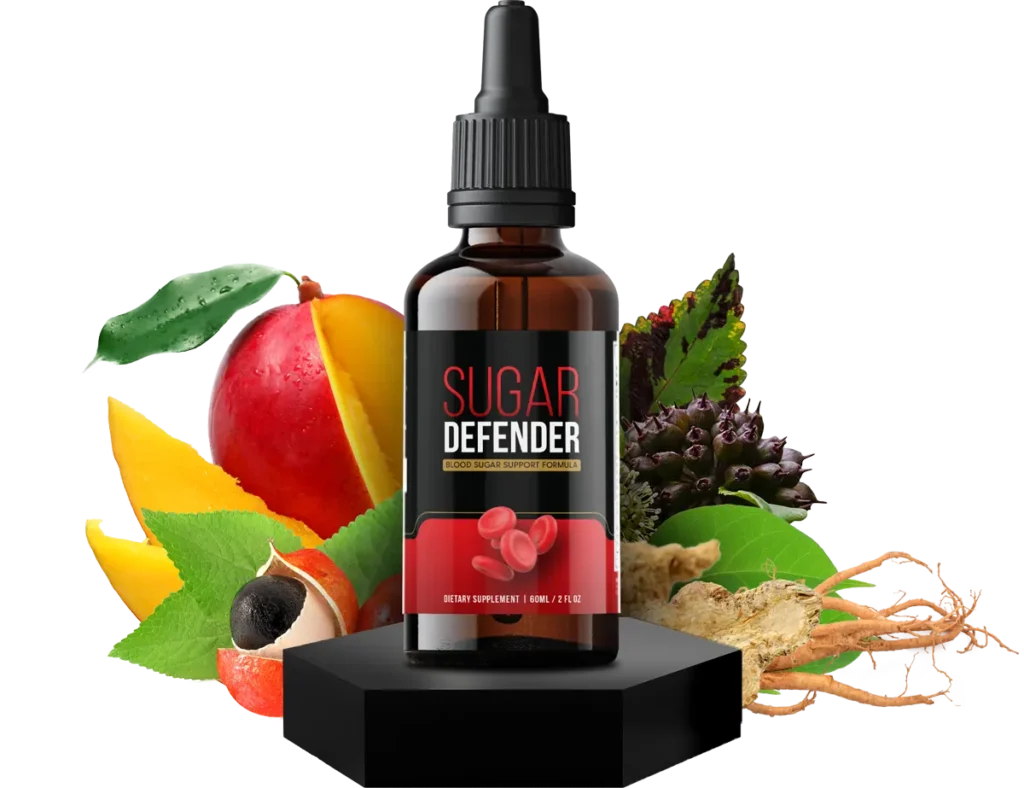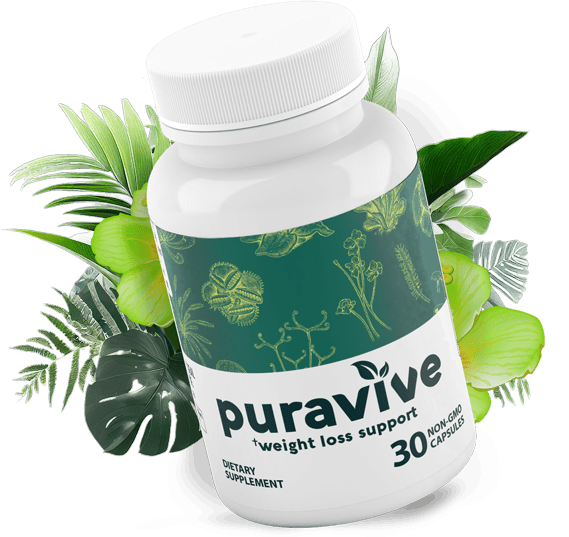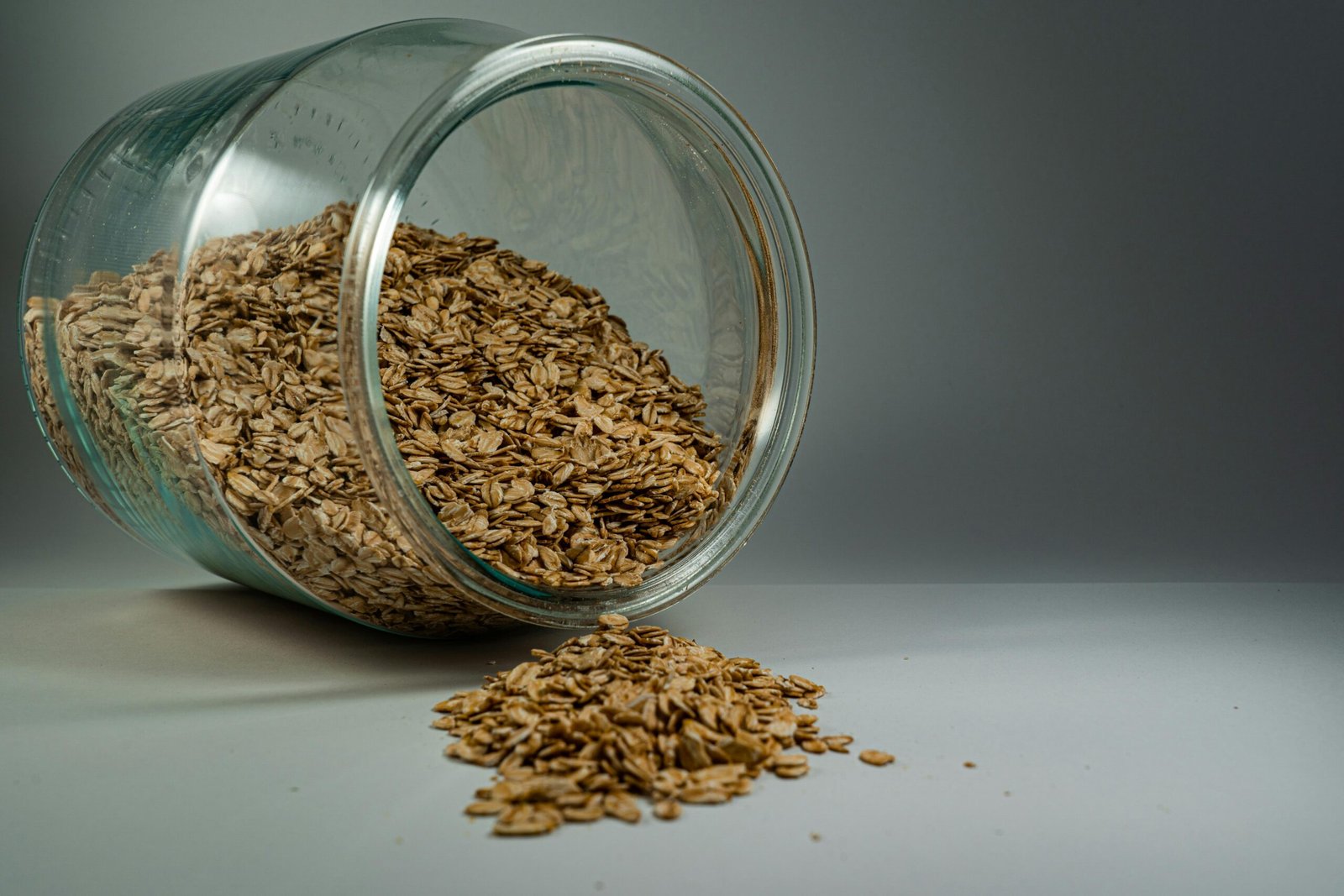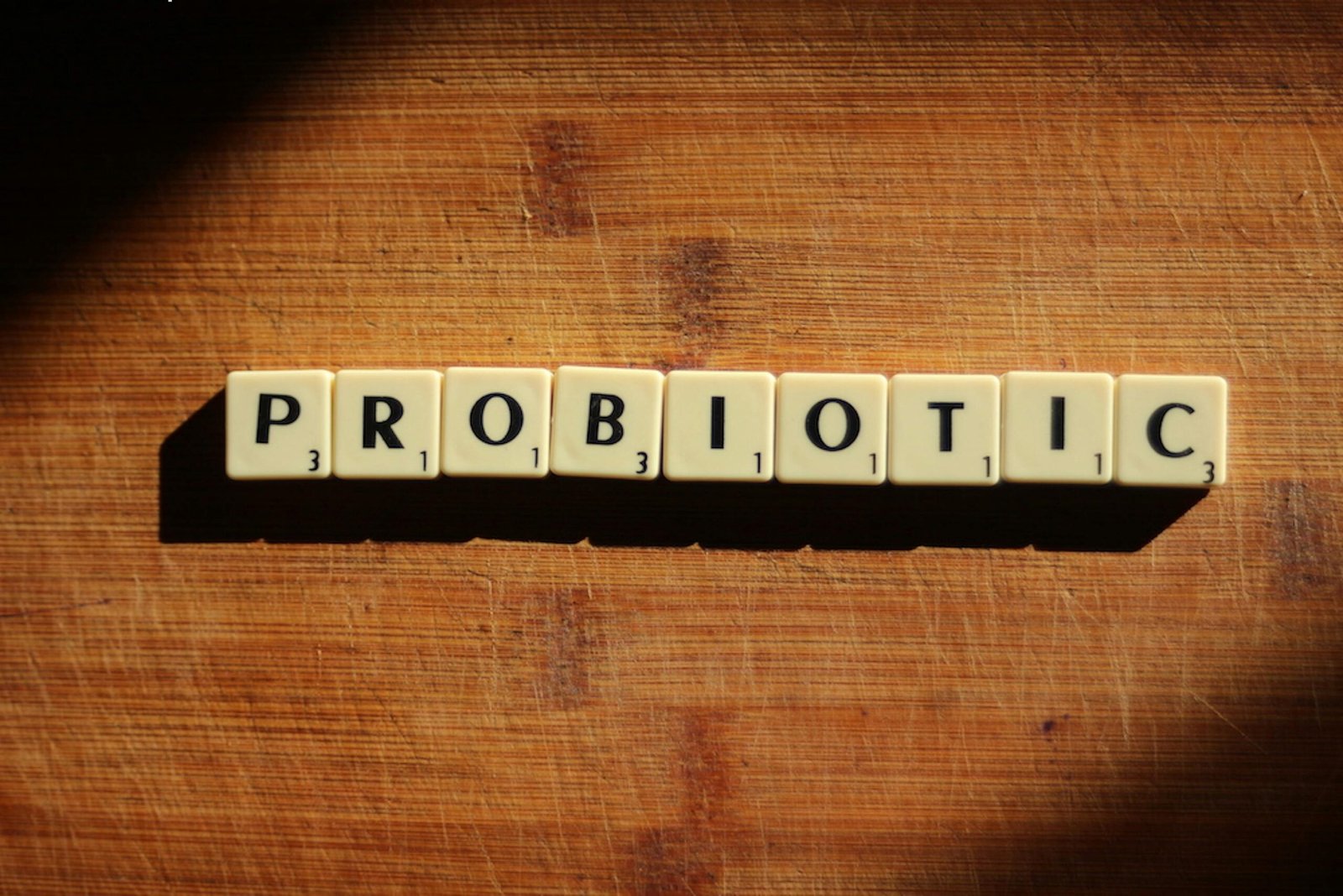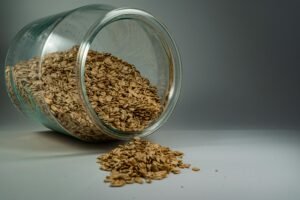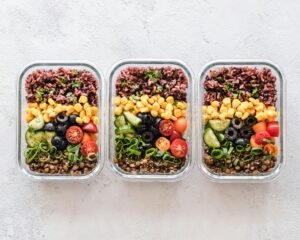Top No-Sugar Drinks for Health and Hydration, Dietitian Approved
Best No-Added-Sugar Drinks to Keep You Healthy & Hydrated, According to Dietitians
In today’s health-conscious world, many people are looking for ways to reduce their sugar intake while staying hydrated. Fortunately, there are numerous delicious and refreshing options that can quench your thirst without adding unnecessary sugar to your diet. Let’s explore some of the best no-added-sugar drinks recommended by dietitians to keep you healthy and hydrated.
The Importance of Hydration
Before diving into our list of beverages, it’s crucial to understand why proper hydration is essential. Staying well-hydrated helps maintain cognitive function, regulates body temperature, and supports overall physical performance. Moreover, adequate hydration is vital for various bodily functions, including digestion, nutrient absorption, and waste elimination.
Top No-Added-Sugar Drinks
- Water: Unsurprisingly, plain water tops the list. It’s the most natural and healthiest option for hydration. To make it more appealing, try infusing it with fresh fruits, herbs, or cucumber slices for a subtle flavor boost.
- Coconut Water: This natural beverage is packed with electrolytes and offers a slightly sweet taste without added sugars. It’s an excellent choice for post-workout hydration or as a refreshing drink on a hot day.
- Unsweetened Tea: Both hot and iced teas are great sugar-free options. Green tea, in particular, is rich in antioxidants and may offer additional health benefits. For variety, try herbal teas like peppermint or chamomile.
- Black Coffee: When consumed without added sugar or creamers, coffee can be a healthy, sugar-free beverage. It’s rich in antioxidants and may boost metabolism. However, be mindful of your caffeine intake, especially later in the day.
- Sparkling Water: For those who enjoy carbonation, sparkling water is a great alternative to sugary sodas. Many brands offer naturally flavored options without added sugars or artificial sweeteners.
- Homemade Smoothies: While many store-bought smoothies are high in added sugars, homemade versions can be a nutritious, sugar-free option. Blend your favorite fruits with unsweetened almond milk or Greek yogurt for a satisfying drink.
- Vegetable Juices: Freshly juiced vegetables like celery, cucumber, and spinach can provide hydration along with essential nutrients. Just be sure to avoid adding fruit juices, which can increase the sugar content.
Making the Switch to Sugar-Free
Transitioning to sugar-free drinks may take some time, especially if you’re used to sweetened beverages. Here are some tips to help you make the switch:
- Gradually reduce the amount of sugar in your drinks.
- Experiment with different flavors and combinations to find what you enjoy.
- Keep a variety of sugar-free options readily available.
- Remember that your taste buds will adapt over time.
For more tips on creating a balanced, healthy diet, check out our article on Nutrition Basics for a Healthier Lifestyle.
The Benefits of Reducing Added Sugars
By choosing no-added-sugar drinks, you’re not only staying hydrated but also:
- Reducing your overall calorie intake
- Lowering your risk of tooth decay
- Potentially decreasing your risk of chronic diseases like obesity and type 2 diabetes
- Improving your overall nutrition
Remember, while these drinks are free from added sugars, it’s still important to consume them in moderation as part of a balanced diet.In conclusion, there are many delicious and healthy no-added-sugar drink options available. By making smart choices and staying hydrated with these beverages, you can support your overall health and well-being without sacrificing taste or enjoyment.
Disclaimer: This article is for informational purposes only and does not constitute medical advice. Always consult with a healthcare professional before making significant changes to your diet or hydration habits.Content

Source: This article was written based on general nutritional knowledge and information from reputable health organizations. For specific health claims, please refer to peer-reviewed scientific studies or consult with a registered dietitian.

